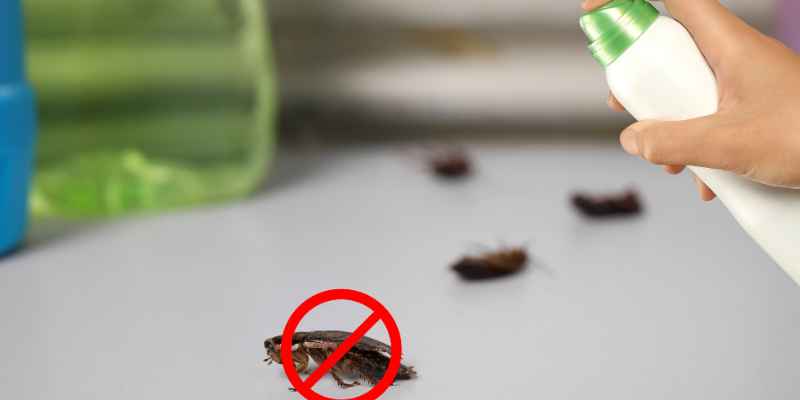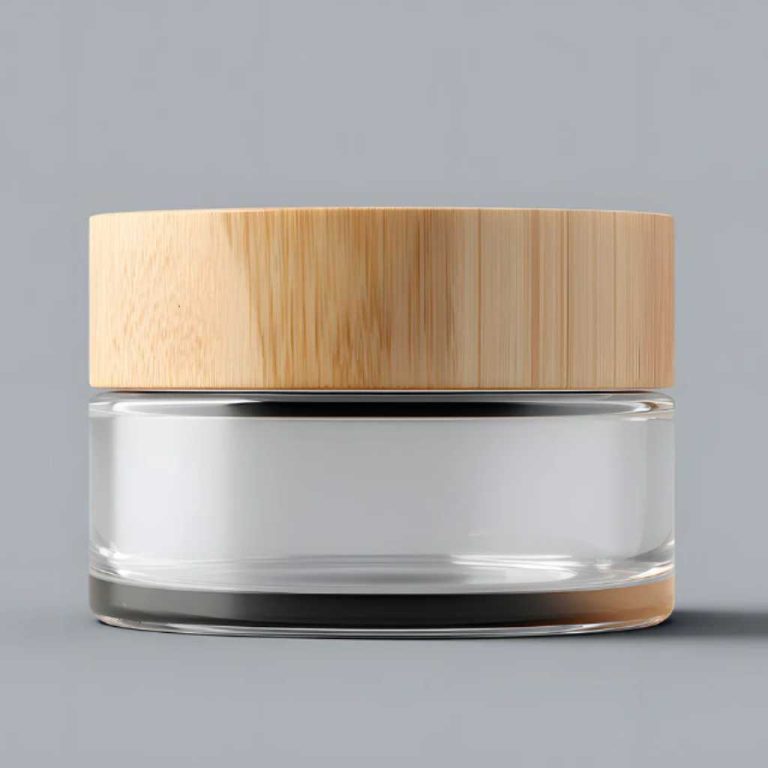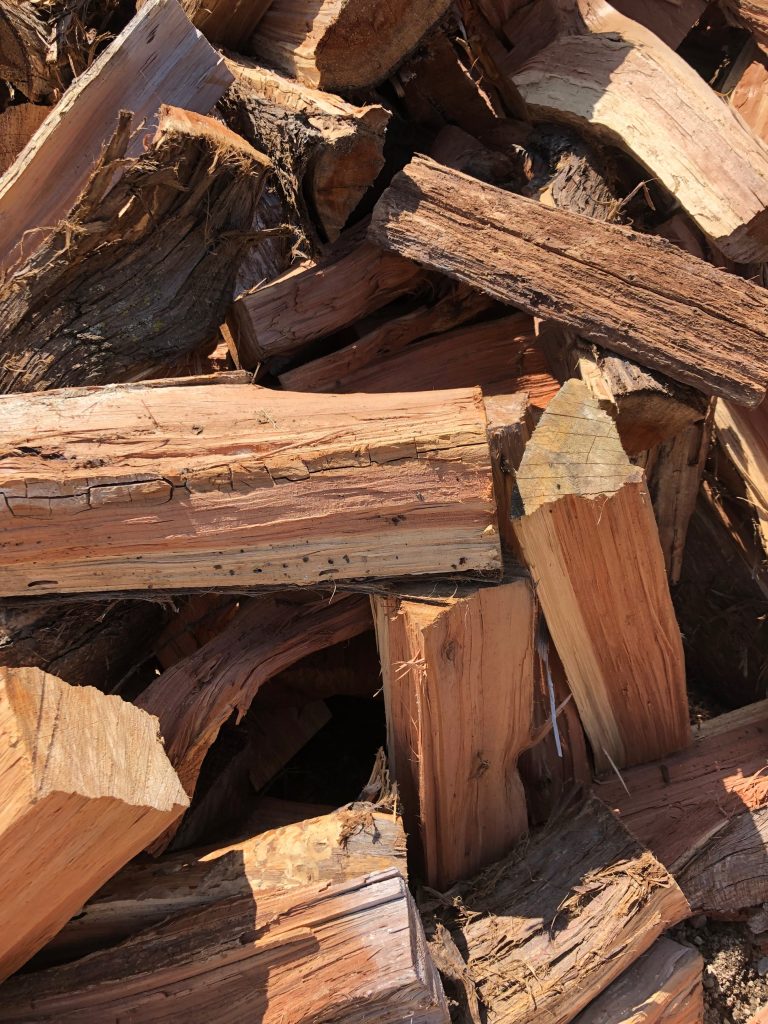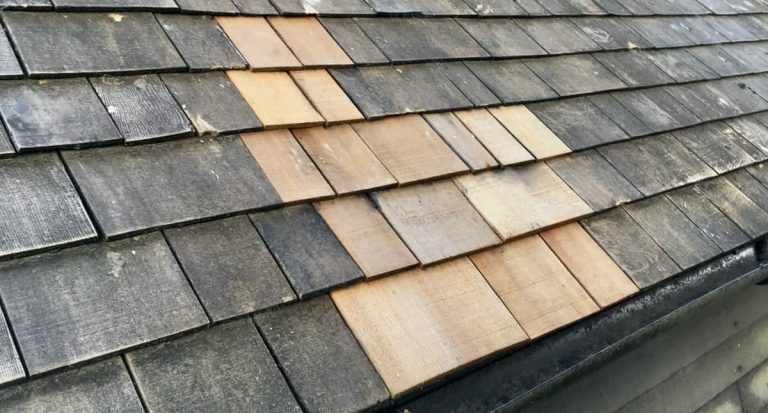Does Cedar Repel Bed Bugs? Unveiling Nature’s Secret
Yes, cedar can repel bed bugs due to its natural aromatic properties that are offensive to these pests. The strong scent of cedar acts as a deterrent for bed bugs, making it harder for them to thrive in areas treated with cedar.
Additionally, cedar has been used for centuries as a natural insect repellent, making it a popular choice for those looking to prevent bed bug infestations in their homes. By incorporating cedar products, such as cedarwood oil or cedar blocks, into your living space, you can create an environment that is less attractive to bed bugs.
Not only does cedar repel bed bugs, but it also adds a pleasant, woodsy aroma to your home. This natural and effective method of pest control is a safe and environmentally friendly way to keep bed bugs at bay.
Introduction To Cedar’s Repellent Qualities
Cedar is a natural repellent that has been used for centuries to repel insects, including bed bugs. The scent of cedar disrupts the pheromones that bed bugs use to communicate with each other, making it difficult for them to find their prey.
Cedar also has antimicrobial properties, making it an effective solution for preventing bed bug infestations.
Cedar’s Historical Use In Pest Control
Cedar has a long-standing history as a natural repellent in the realm of pest control. For centuries, people have recognized and harnessed the power of cedar to ward off various insects, including bed bugs. This versatile wood has been used in different forms, such as cedar chips, cedar oil, and cedarwood essential oil, to create barriers against pests.
In ancient civilizations, cedar was utilized for its aromatic properties, which not only provided a pleasant scent but also acted as a deterrent for unwanted pests. The Egyptians, for instance, employed cedar in the embalming process to keep insects away from the deceased. Similarly, indigenous tribes in North America used cedar leaves and branches to ward off insects and protect their living spaces.
Natural Repellents And Their Rising Popularity
In recent years, there has been a growing trend towards using natural repellents as an alternative to chemical-based pesticides. People are becoming more conscious of the potential health risks associated with synthetic insecticides, making them seek safer options for pest control.
Cedar, with its proven track record and effectiveness, has gained significant popularity as a natural repellent. Its ability to repel bed bugs, along with other common pests, has made it a sought-after choice for those looking for eco-friendly and non-toxic solutions.
With the rising demand for natural repellents, manufacturers have developed innovative products that harness the power of cedar. From cedar-infused mattress covers to cedar oil sprays, these products provide an easy and convenient way to incorporate cedar’s repellent qualities into your pest control routine.
Not only are natural repellents like cedar effective, but they also offer a more sustainable approach to pest management. By reducing reliance on chemical-based pesticides, we can minimize the negative impact on our environment and promote a healthier ecosystem.

The Bed Bug Menace
Bed bugs have become a growing concern for many homeowners and travelers alike. These tiny, blood-sucking insects have infested numerous households, hotels, and even public spaces, causing distress and discomfort. Understanding the nature of bed bug infestations and the consequences of their bites is essential in order to combat this persistent pest.
Understanding Bed Bug Infestations
Bed bugs are nocturnal pests that are adept at hiding in cracks, crevices, and furniture during the day, making them difficult to detect. They are primarily attracted to warm-blooded hosts, such as humans, and are known to infest areas where people sleep, including beds, couches, and even luggage.
These pests reproduce rapidly, with a single female capable of laying hundreds of eggs in her lifetime. Their small size and ability to survive without feeding for several months make them challenging to eradicate once they have infested an area.
Consequences Of Bed Bug Bites
Bed bug bites can cause a range of reactions in individuals, from mild irritation to severe allergic reactions. While the bites themselves are not known to transmit diseases, they can lead to secondary infections if scratched excessively.
Common symptoms of bed bug bites include red, itchy welts on the skin, often arranged in a linear or clustered pattern. These bites can cause discomfort and sleep disturbances, leading to a decline in overall well-being.
It is important to note that bed bugs do not discriminate based on cleanliness. They can infest any environment, regardless of how clean or tidy it may be. Taking swift action to prevent and eliminate bed bug infestations is crucial in maintaining a hygienic and peaceful living space.
Cedarwood Essential Oil And Bed Bugs

Extracted from the wood of cedar trees, cedarwood essential oil is known for its distinct woody aroma and powerful insect-repelling properties.
With its antifungal and antibacterial qualities, cedarwood oil is a natural pest deterrent that can be used to combat bed bug infestations.
Cedarwood oil disrupts the bed bugs’ nervous system, leading to their paralysis and eventual death.
Its strong odor acts as a repellent, making the environment inhospitable for bed bugs to thrive.
Scientific Evidence On Cedar As A Repellent
Scientific evidence supports cedar as a natural repellent against bed bugs due to its strong aromatic properties. Studies show that cedar can effectively deter bed bugs and other insects, making it a popular choice for natural pest control methods.
Research Studies On Cedar’s Effectiveness
Numerous research studies have been conducted on the effectiveness of cedar as a repellent for bed bugs. One study published in the Journal of Economic Entomology found that cedar oil significantly reduced bed bug populations in infested apartments. Another study conducted by the USDA Forest Service found that cedarwood oil was effective at killing bed bugs in a laboratory setting.
Comparing Cedar To Other Natural Repellents
When compared to other natural repellents, cedar has been found to be highly effective. A study published in the Journal of Medical Entomology compared the effectiveness of cedar oil, lavender oil, and peppermint oil as bed bug repellents. The study found that while all three oils were effective to some degree, cedar oil was the most effective at repelling bed bugs.
In conclusion, scientific evidence suggests that cedar is an effective natural repellent for bed bugs. Its effectiveness has been demonstrated in various research studies, and it has been found to be more effective than other natural repellents such as lavender and peppermint oils. Therefore, if you are looking for a natural way to repel bed bugs, cedar may be an excellent option to consider.
Methods Of Using Cedar For Bed Bug Control
Cedar is a natural repellent that can help control bed bugs. Its strong scent and natural oils act as a deterrent, making it less likely for bed bugs to infest your space. Incorporating cedar products, such as cedar wood chips or cedar oil, can be an effective method in repelling these pests without the use of harmful chemicals.
Bed bugs are a nuisance and can be difficult to get rid of once they infest your home. While there are various methods of bed bug control, one natural solution that has gained popularity is using cedar. Cedarwood contains natural oils that are toxic to bed bugs and can repel them effectively. In this post, we will look at two common methods of using cedar for bed bug control: cedar oil sprays and cedar chips/blocks.
Cedar Oil Sprays And Their Application
Cedar oil sprays are a natural and effective way to repel bed bugs. These sprays are made by extracting essential oils from cedarwood and diluting them with water. The resulting solution can be sprayed around the infested areas to repel and kill bed bugs. Here are some steps to follow when using cedar oil sprays:
- Mix 20-30 drops of cedar oil with one quart of water in a spray bottle.
- Shake the bottle well to ensure the solution is well mixed.
- Spray the solution around the infested areas, focusing on the cracks and crevices where bed bugs hide.
- Repeat the process regularly until the bed bugs are completely eliminated.
Cedar Chips And Blocks In Pest Prevention
Cedar chips and blocks are another effective method of using cedar for bed bug control. These chips and blocks can be placed in areas where bed bugs are likely to hide, such as in closets, drawers, and under the bed. The scent of the cedar repels bed bugs and prevents them from infesting your home. Here are some tips on using cedar chips and blocks:
- Place cedar chips or blocks in a fabric bag and put them in your closet or dresser drawers.
- Place cedar blocks under your bed, between your mattress and box spring, or in any other areas where bed bugs are likely to hide.
- Replace the cedar chips or blocks every few months to ensure their effectiveness.
In conclusion, using cedar for bed bug control can be an effective and natural solution. Cedar oil sprays and cedar chips/blocks are two common methods that you can use to repel and eliminate bed bugs. By following the steps outlined above, you can keep your home bed bug-free without using harmful chemicals.
Benefits Of Choosing Cedar
Cedar is well-known for its ability to repel bed bugs, making it a popular choice for those looking for natural pest control solutions. In addition to its pest-repelling properties, cedar offers several other benefits that make it a compelling option for both homeowners and businesses.
Safety And Environmental Impact
Cedar is a safe and environmentally friendly option for pest control. It is a natural, non-toxic alternative to chemical treatments, making it ideal for use in homes and around pets and children. Additionally, cedar is biodegradable, reducing the environmental impact compared to synthetic pest control products.
Cedar’s Longevity And Efficacy
Cedar is known for its durability and long-lasting effectiveness. It has a strong, pleasant aroma that naturally repels bed bugs and other pests, making it an excellent choice for long-term pest prevention. Its longevity means that it provides ongoing protection, requiring less frequent replacement compared to other pest control methods.
Limitations And Considerations
When considering the use of cedar to repel bed bugs, it’s important to be aware of certain limitations and considerations. These factors can affect the effectiveness of cedar as a bed bug repellent and should be taken into account when using cedar-based products.
Potential Resistance In Bed Bugs
Bed bugs have shown a potential for developing resistance to certain natural repellents, including cedar. This means that over time, bed bugs may become less susceptible to the effects of cedar, reducing its effectiveness in repelling them. It’s important to monitor for signs of decreased repellency and consider alternative methods if resistance becomes a concern.
Appropriate Concentration And Usage
The concentration of cedar oil in a product can significantly impact its effectiveness in repelling bed bugs. Using products with insufficient cedar oil content may not provide adequate protection against bed bugs. It’s crucial to follow the manufacturer’s recommendations regarding the concentration and usage of cedar-based repellents to ensure optimal results.
Integrating Cedar Into Pest Management

Combining Cedar With Other Pest Control Methods
When it comes to pest management, cedar can be a valuable addition to your arsenal. Combining cedar with other pest control methods can create a more comprehensive approach to keeping bed bugs and other pests at bay. By integrating cedar with other pest control techniques, you can enhance the effectiveness of your pest management strategy.
Preventative Measures For Long-term Protection
Prevention is key when it comes to long-term protection against bed bugs and other pests. Implementing preventative measures that incorporate cedar can help create an inhospitable environment for pests, discouraging their presence in the first place. By utilizing cedar-based products and incorporating them into your overall pest management plan, you can establish a proactive defense against infestations.
Consumer Reviews And Anecdotal Evidence
Consumer reviews and anecdotal evidence play a crucial role in understanding the effectiveness of cedar in repelling bed bugs. Personal experiences shared by users provide valuable insights into the practical application of cedar products and their impact on bed bug infestations.
Personal Experiences With Cedar Products
Many consumers have reported positive experiences with cedar products in deterring bed bugs. Some have found that using cedarwood as a natural repellent has helped in reducing bed bug activity and preventing re-infestation. These anecdotal accounts highlight the potential of cedar as an effective and eco-friendly solution for managing bed bug problems.
Comparing User Satisfaction And Results
When comparing user satisfaction and results, it’s evident that cedar-based products have garnered favorable feedback. Users have expressed satisfaction with the efficacy of cedar in repelling bed bugs, with some noting a significant decrease in infestation levels after incorporating cedar-based solutions into their pest control strategies.
Conclusion And Recommendations
Cedar has long been believed to repel bed bugs due to its natural insect-repellent properties. However, while cedar may have some effect on deterring bed bugs, it is not a foolproof solution. To effectively control bed bugs, it is best to combine cedar with other proven methods such as professional pest control treatments and regular cleaning and vacuuming of infested areas.
Summary Of Cedar’s Repelling Properties
Cedar is a natural, non-toxic, and eco-friendly solution to repel bed bugs. Cedar contains natural oils that act as a natural insecticide and repels bed bugs. These oils have a strong aroma that bed bugs dislike, and hence, they avoid places with cedar wood. Cedar can be used in various forms such as cedar oil, cedar chips, cedar blocks, and cedar hangers.
Cedar oil is an effective bed bug repellent that can be used to treat bed bugs directly. Cedar chips and blocks can be placed in drawers, closets, and other storage areas to prevent bed bugs from entering. Cedar hangers can be used to protect clothes from bed bugs. Cedar has been proven to be effective in repelling bed bugs, but it is not a complete solution to eliminate bed bugs.
Guidance For Homeowners Battling Bed Bugs
If you are battling bed bugs, it is essential to take immediate action. The first step is to identify the infested area and isolate it. Then, you can start treating the infested area with natural or chemical methods. Cedar can be used as a natural solution to repel bed bugs and prevent further infestation.
To effectively use cedar, it is important to use high-quality cedar products and regularly replace them. Cedar loses its repelling properties over time, and hence, it is important to replace cedar products every few months. In addition to using cedar, it is important to maintain cleanliness and hygiene in the infested area. Regular vacuuming, washing, and drying of bedding and clothes can help prevent the spread of bed bugs.
In conclusion, cedar is an effective natural solution to repel bed bugs. It can be used in various forms such as cedar oil, cedar chips, cedar blocks, and cedar hangers. However, cedar is not a complete solution to eliminate bed bugs, and hence, it is important to take immediate action and use multiple methods to treat bed bugs.
Frequently Asked Questions
What Smell Do Bed Bugs Hate?
Bed bugs hate the smell of certain essential oils like lavender, peppermint, and tea tree oil. These scents repel them naturally.
What Bugs Does Cedar Repel?
Cedar repels insects like moths, cockroaches, and ants due to its natural aromatic properties.
How Long Does Cedar Repel Bugs?
Cedar repels bugs effectively for up to two years due to its natural insect-repelling properties.
Will Cedar Oil Kill Bed Bug Eggs?
Yes, cedar oil can kill bed bug eggs due to its insecticidal properties. Apply it directly to infested areas for effective treatment.
Conclusion
Cedar’s natural properties make it a potential bed bug repellent. While further research is needed, its aromatic oils show promise. Consider incorporating cedar products as a preventive measure against bed bugs in your home. Stay informed and take proactive steps to protect your living space.







